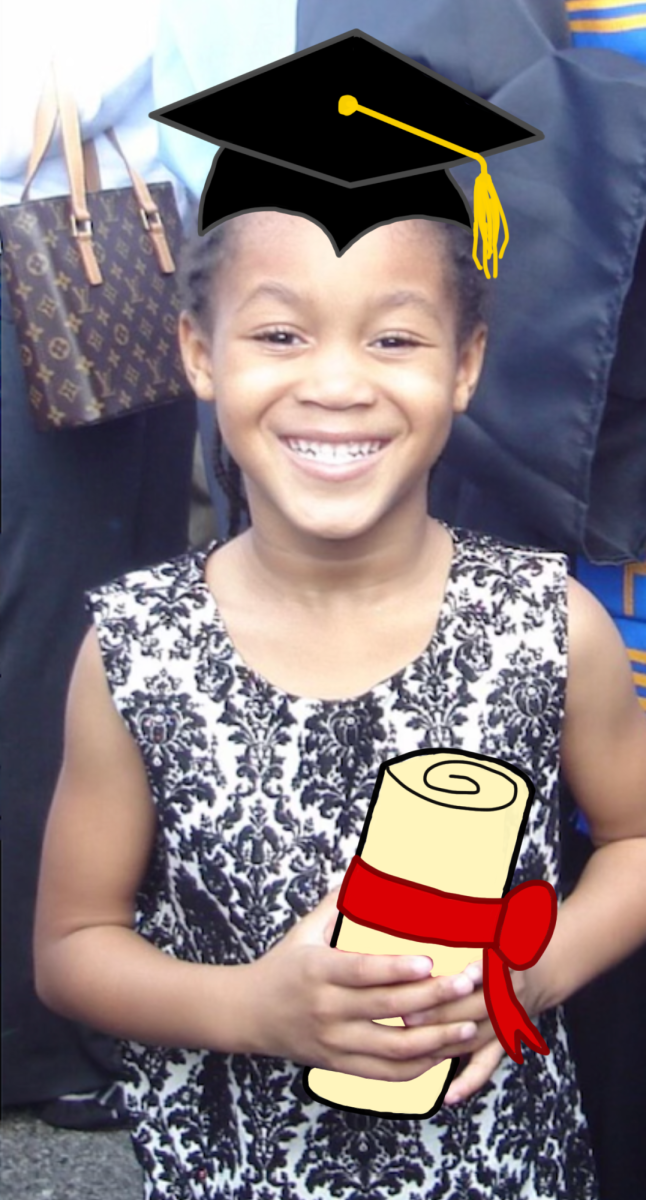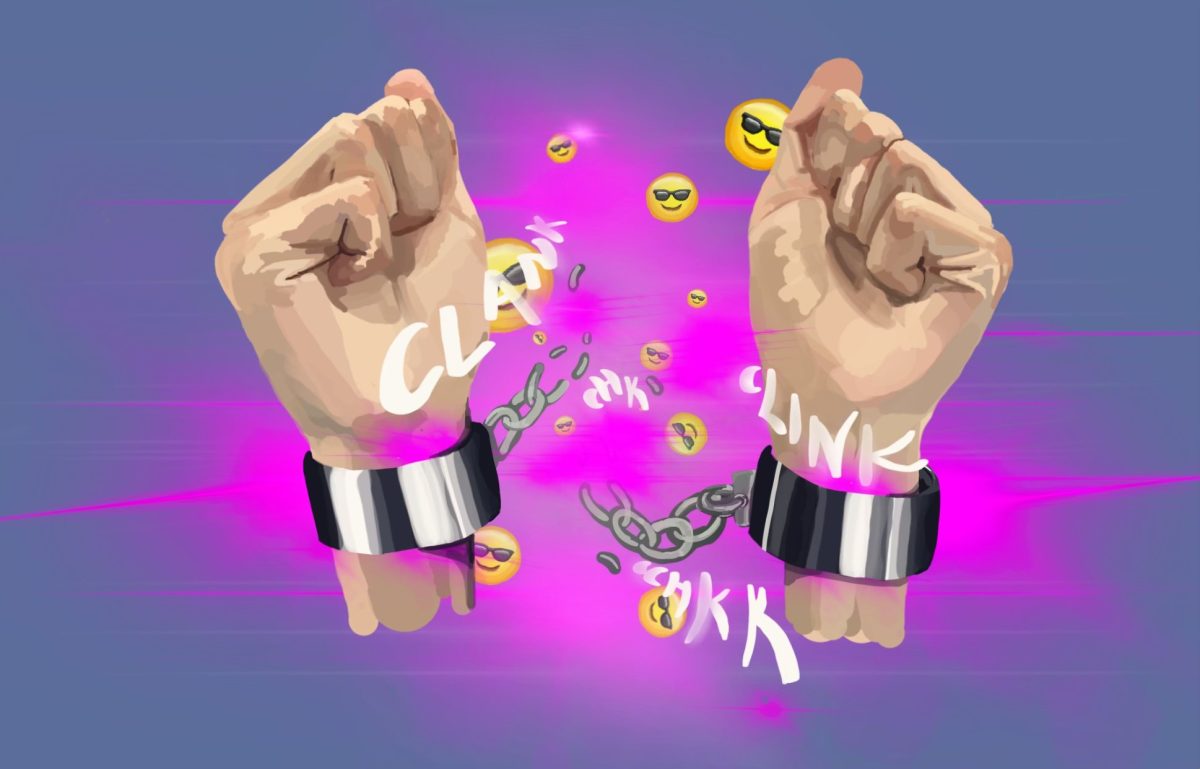Cast in the darkness of a Tuesday night, the body camera footage depicting the shooting of University student Charles Thomas by a University of Chicago Police Department (UCPD) officer provides us an all too raw look at what happened that night. As the officer begins to back away, the camera shivers with his frantic pulse. This crescendo of terror builds to a sickly climax with the near concurrent sounds of the officer’s gun shot, and Thomas’s scream of agony and rage.
Agony and rage just as well describe our campus’s reaction to this incident. Students have risen in protest; they have sent out demands. The pressing questions surging through campus vary in scope: Some argue as to whether the officer’s action, in the very moment of things, was at all justified. Others question why the UCPD is given as much power as a municipal police department. We ask these questions because we are confused as to how the very organization meant to protect us has, in fact, endangered one of us. We are hurt, perhaps because we knew Thomas personally, but maybe also because this shooting falls in tandem with the national problem of gun control which has already claimed so many victims. We are heartbroken.
In the past week since the shooting, more and more of Thomas’s story has come to light. Thomas’s roommate, Dan Lastres, would reveal that Thomas, buckling under academic stress, had sought help from our very own Student Counseling Service (SCS) weeks prior, only to be referred elsewhere. Friends and family, including Thomas’s mother, expressed bewilderment at Thomas’s behavior, since he had never before acted in such a way. His mother would also disclose that their family has a history of bipolar disorder. Altogether, it became clear that Thomas acted not out of malice, but of a manic episode brought about by overwhelming stress. Knowing all this, the image of Thomas, a student wounded by University police becomes profoundly sadder. It is an image of just how much universities, including our own, can fail their students. It is a brutal, striking image of the mounting pressures upon us, as college students, and as young adults.
Thomas’s interaction with the SCS reflects a narrative commonly accepted among the student body here: that SCS is, at the very least, unhelpful. The criticisms of the SCS in past years have been long wait lines and an inability to provide long-term help, which, as the SCS states on their website, is due to the fact that “demand for [their] services is so high.” This high demand from students in our school falls in line with more general trends. According national survey results from the American College Health Association, about half of undergraduates surveyed in 2016 had felt “things were hopeless” in the past year; similarly, 58 percent had felt “overwhelming anxiety.” Data from the University of California, Los Angeles’s Higher Education Research Institute, fall in line with this: in 2016, 41 percent of the incoming freshmen surveyed responded that they “felt overwhelmed” by all they had to do, a sharp increase from the 29 percent in 2010, and even sharper when compared to the 18 percent in 1985. Mental health has become one of the foremost issues that we face.
Providing adequate mental health resources at our school in particular is absolutely a difficult feat—that I concede to SCS and the University. It goes nearly without saying that this is certainly a stressful campus, but much of that is ingrained in our school’s culture. Our school library, the Reg, as we so affectionately call it, is not just our library. We make it into our social hub. We joke about how we are the school “where fun goes to die,” but we also make that a reality when we so heavily conflate our social lives with our work. But there is also a generational issue at hand: research from the *Psychological Bulletin* in 2016 found that college students now, as compared to nearly three decades ago, are increasingly perfectionist, and “are finding it more difficult than previous generations to cope with [perceived external pressures].”
As students of an elite university, we hold ourselves to ridiculously high standards. We place a correspondingly inordinate amount of pressure on ourselves. And as young adults living in the age of technology and oversaturation of information, we feel like we have so much to live up to, even though we barely know the world as it is. This is all compounded with the fact that most mental health issues arise in our early 20s. Charles Thomas was let down by the University in many ways, but most egregiously in the access to the mental health resources he so needed.
The catch-22 of our generation seems to be that if we speak out about the necessities of things like mental health resources, or gun control, or curbing police brutality, we are labeled as hypersensitive. Yet, if we ignore these issues, we are the ones who get hurt, which Thomas’s case shows quite literally. More must be done for us—let the painful irony of a student being endangered by his own University speak for itself.







